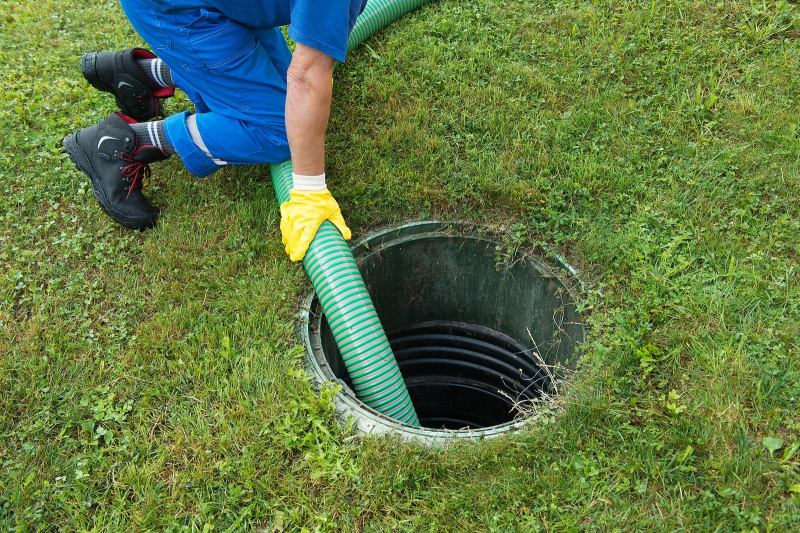
24
When it comes to taking care of septic tanks, the actions "pumping" and "cleaning" are used in a similar context. However, each has specific details that highlight their differences. All septic companies will remove the liquid sludge from the tank. When they only remove the liquids, it’s considered pumping, but it’s called cleaning when plumbers remove both solids and liquids. We’ll get into other details that explain the difference between the two as well. If you need help with septic tank pumping or septic tank cleaning, feel free to call Charlotte Septic Pros to get the job done.
To understand the difference between septic tank pumping and septic tank cleaning, we first have to understand the different layers of waste stores inside the septic tank. At the very bottom base of your septic tank lies sludge, which is solid waste that has been broken down by your tank. The middle layer consists of liquid waste and makes up the most volume inside the septic tank. At the very top, there’s a layer of scum, which is floating solid waste that is yet to be broken down by bacteria inside the septic tank. Once they’re broken down, they will sink to the bottom layer of solid waste.
Septic tank pumping is when you remove the majority of the waste from your septic tank. It’s done by professionals who have the access to high-tech tools and the necessary equipment needed for pumping, such as hoses and pumps. You also shouldn’t try this yourself because septic tanks are located underground and release toxins that are bad for your health. That being said, know that septic tanks hold hundreds of gallons of waste, and it doesn’t build up in a matter of days. You should have your septic tank pumped every 3 to 5 years, it varies by how full your septic tank is. If you avoid pumping, it can lead to clogs in your sewage pipes and backups in your home. Unless you want to pay extra to clean up waste from your yard, we suggest you keep track of your septic tank and pump it when full.
You might as well consider getting your septic tank cleaned once it’s already being pumped too. After pumping, there may still be a layer of sludge left at the bottom of the septic tank. Plumbers will remove that layer of sludge if you ask for septic tank cleaning too, leaving your septic tank pristine and as good as new. Having your septic tank cleaned extends the lifespan of your septic tank and keeps overflows at bay. This way, you can avoid stressful repair sessions and extend the amount of time until you have to call for your next cleaning. You’ll want to have your septic tank cleaned right after it’s pumped, so the cleaning should also be done every 3 to 5 years.
Septic pumping and maintenance go hand in hand. After all, pumping is a form of septic maintenance. Continuing to look after your septic system will make the lives of both you and the plumber easier when coming to check on your septic tank. Having regular pumping and cleaning cycles for your septic tank will keep it healthy and functioning in the long run. If you need help with pumping and cleaning, feel free to call Charlotte Septic Pros anytime.
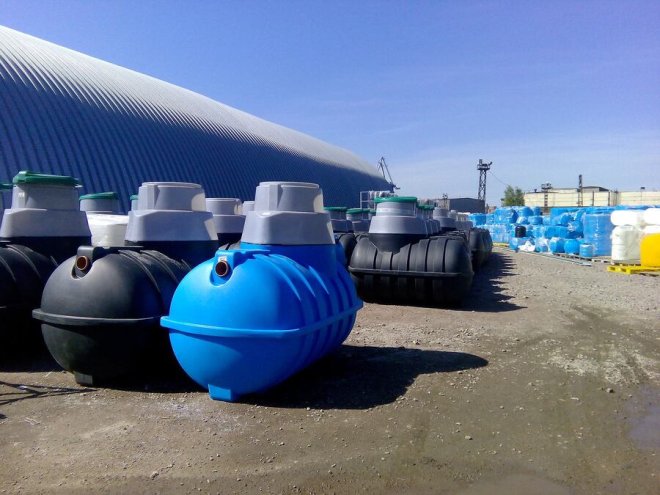
28
How to Prepare for Septic System Installation Installing a septic system is a major investment for any property that lacks…
Read more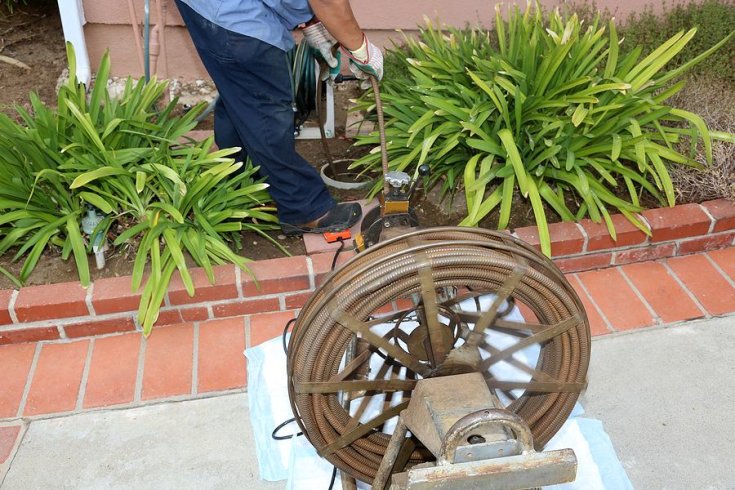
20
How Main Drain Cleaning Can Prevent Sewer Backups Sewer backups are one of the most unpleasant plumbing emergencies homeowners can…
Read more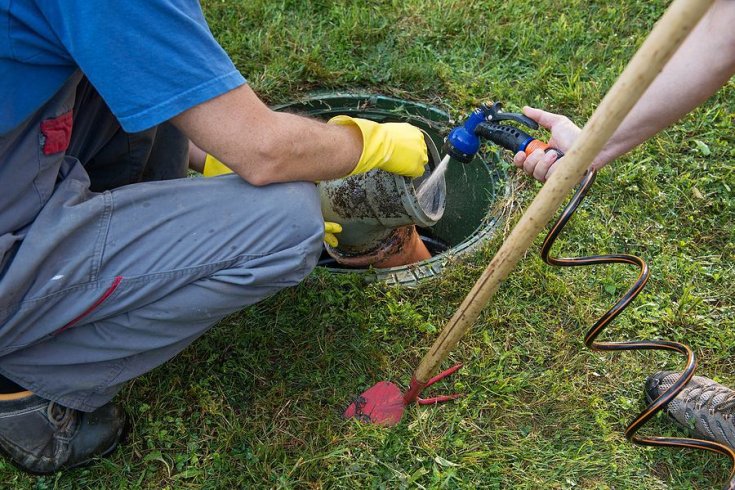
13
What to Do When You Have Drainage Problems Drainage problems can be frustrating and cause serious damage if left untreated.…
Read more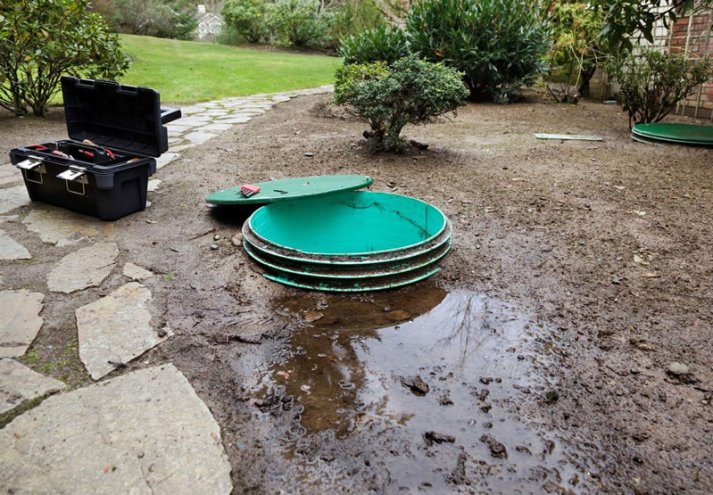
04
Signs and Causes of Septic Leaks A leaking septic system can pose serious health and environmental risks. If left untreated,…
Read more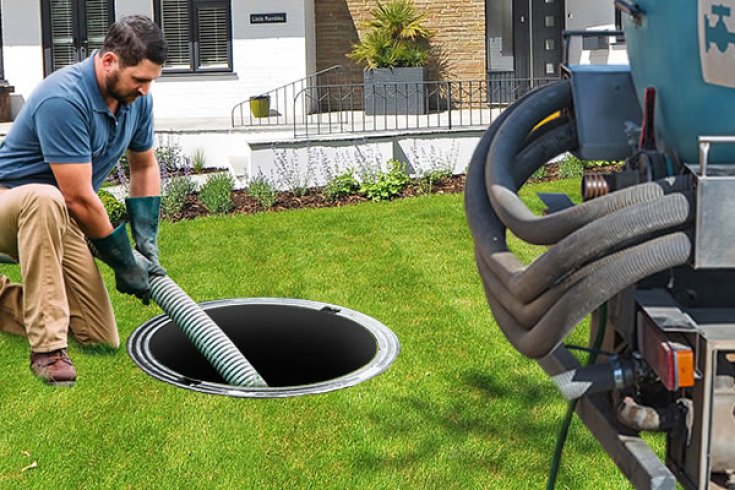
02
Unusual Septic Tank Blockages: Keeping Your Septic System Healthy A properly functioning septic system is crucial for any home or…
Read more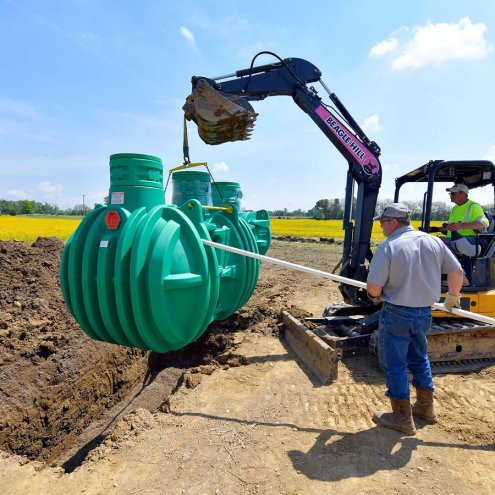
23
Seasonal Weather and Septic Systems Tank Your septic system plays a vital role in managing household wastewater, but seasonal weather…
Read more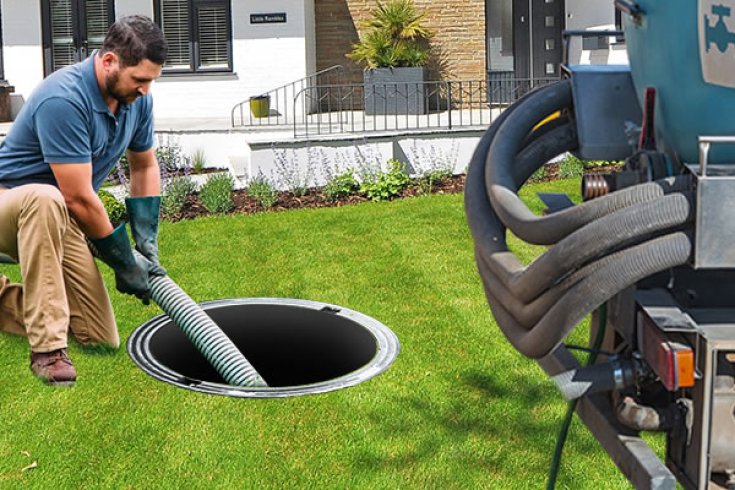
15
Why Toilet Paper Matters to Your Septic Tank Many homeowners don’t give much thought to their toilet paper—until it starts…
Read more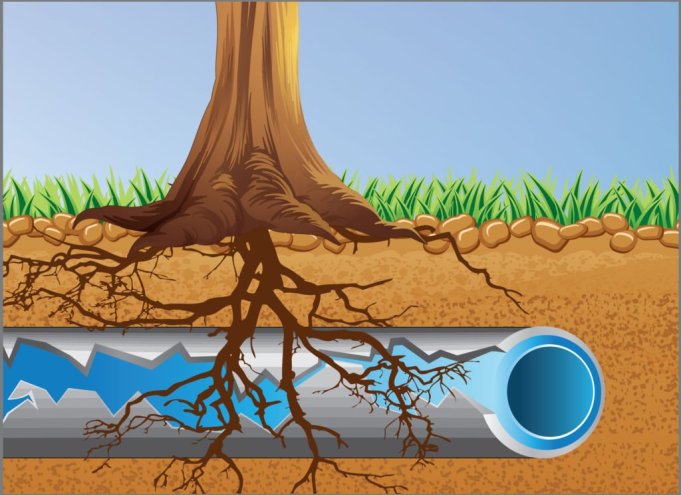
21
Tree Root Infiltration of Septic Systems We love the trees in our yards and in our environment. Just by looking…
Read more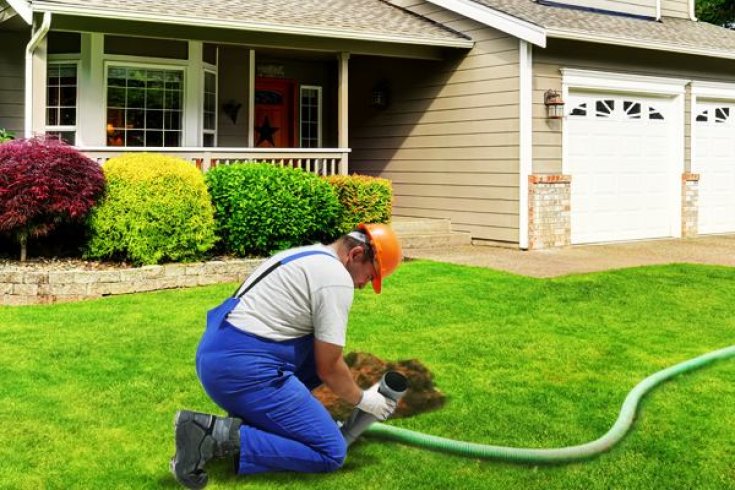
12
Preparing Your Pipes & Drains for the Winter With winter on the horizon, homeowners need to implement specific measures to…
Read more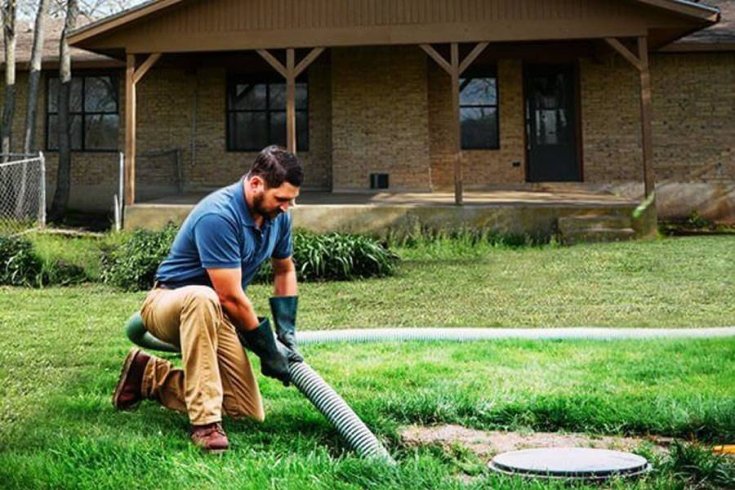
05
Buying a New Home? Invest in a Septic System Inspection When purchasing a new home, many buyers focus on visible…
Read more